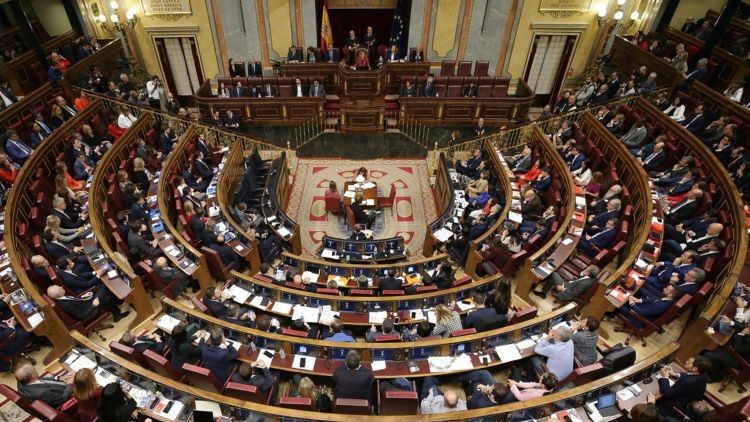Gerardo Esquivel
Milenio columnist
By the time you read this article you may already know who won Mexico’s presidential election and even have a good idea of what the composition of Congress will be. At the time of writing, I still do not. This is one of the characteristics of democracy: uncertainty in the results. Despite that, it is possible to do an exercise in which, whoever wins, we can reflect on five things we would like to see continue and five things we think should be changed. Let’s see.
The continuity of macroeconomic stability must be guaranteed. This implies maintaining respect for the autonomy of the Bank of Mexico, prudent fiscal policy, reasonable debt levels and sustaining the flexible exchange rate regime.
The trade policy that has allowed the modernisation of the Mexican industrial sector and our integration into global value chains must be maintained. The TMEC is an instrument for the country’s development and, as such, we must do everything to preserve it.
The wage and labour policy of strengthening the purchasing power of lower-income workers must be continued. The minimum wage still has some room for growth, as observed on the northern border of the country.
The regional development policy favouring public investments in the south-southeast of the country must continue. The gap between the south and the rest of the country’s regions is still very high and must be further reduced. This is crucial to reduce poverty and inequality as well.
Most of the social programmes implemented by this administration must be maintained. They have contributed to reducing poverty and the vulnerability of large segments of the population. On the other hand, adjustments must be made to security policy. While homicides have begun to decline, they are still extraordinarily high and other crimes are growing significantly (extortion, for example).
The business environment and investment climate must be improved. To grow we will need significant amounts of private investment. A process of political détente with the private sector should be the first step in this direction.
Uncertainty related to the energy sector must be reduced. To date, many investments are being held up as a result of this uncertainty. New projects (whether public or private) must be planned, authorised and implemented to guarantee the future supply of energy (especially clean energy) throughout the country. This is crucial in order to receive the benefits of the industrial relocation process.
Health policy must be reviewed. The lack of access to health services must be significantly reduced and the timely supply of medicines must be ensured.
Efforts must be made to improve the environment in which various institutions in the country operate. This includes, of course, the autonomous constitutional bodies. In particular, appointments should be made to complete the governing bodies of these institutions so that they can operate optimally and fulfil their mandates.
© This article was originally published on 3 June in Milenio, with whose permission we reproduce it.





